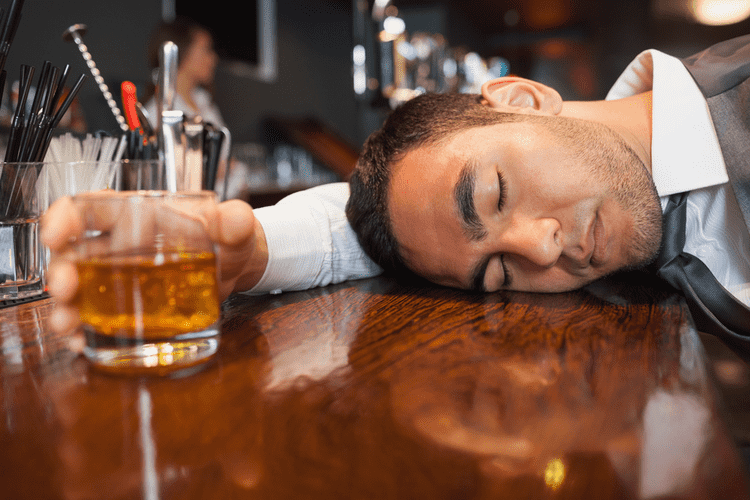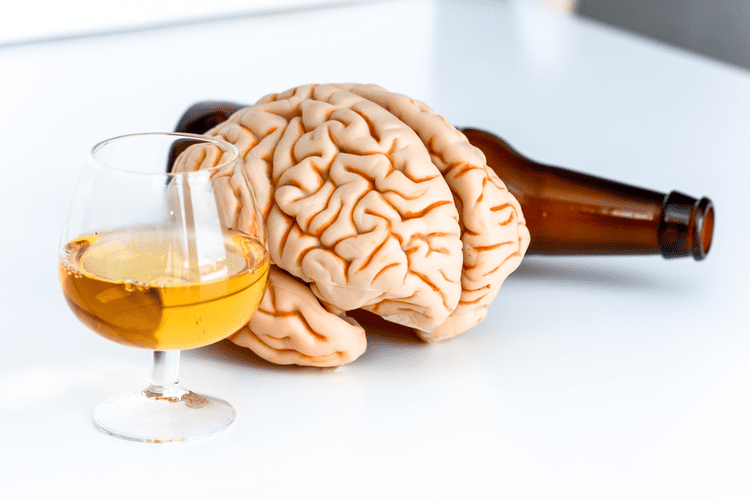Addiction recovery is hard, which is why many avoid facing their issues. But you went through the process and faced your challenges. To get back on track after an addiction relapse, go easy on yourself. Remember that long-term sobriety is a process and not an end goal.

What are the Stages of Relapse?
Not talking about it with another trusted person will cause it to fester like an open sore. But we must give ourselves some grace and be compassionate to ourselves. The goal is to keep being better than we were previously.
Agape Behavioral Health Center Blog
It’s like stepping back into the storm after braving its edge for a while. While concerning, it’s important to remember that it’s not a personal failure, and it doesn’t erase the progress made. The biggest takeaway when learning how to handle a relapse is that you can overcome it.
Increased Engagement in Addictive Behaviors:

Our team is ready to support you with compassion, expertise, and unwavering respect. At Ocean Hills Recovery, we believe in second chances. Recovery is a process, and every step, even the hard ones, can lead to lasting change.
- If you are struggling with potential or real relapse, contact a rehab center near you to discuss available treatment options.
- Focus on preventing your single relapse from converting into a “binge relapse” by following the 6 things which I mentioned.
- If you do not have a network of supportive people, you should try to find one; fortunately, you have options.
- Our content is medically reviewed to help ensure accuracy and reliability.
- To assess triggers and contributing factors, it’s crucial to recognize patterns that may lead to substance abuse.
- Relapse can be a challenging experience, but it does not mean all hope is lost.
What to Do When You Relapse? Is It Necessary to Go Through Rehabilitation Again?

Stress is one of the biggest factors contributing to relapse. Stress and interpersonal conflict have immensely power and often negatively affect those in recovery from addiction. In reality, relapse is part of the rehabilitation cycle. Without battling feelings of relapse and the emotions that go with it, you are not able Sober living house to personally develop. If you have relapsed, stop using the substance as quickly as possible. If you have already gone through treatment, ask yourself if your current level of support is still meeting your needs.
Develop Healthy Habits
- If you can learn to not go into a binge mode after a relapse and get back on nofap after relapsing just once, half the battle is won.
- West Coast Recovery Centers believes in providing support and guidance.
- Addressing destructive and negative beliefs will change someone’s behaviour.
- He is the medical director at Alcohol Recovery Medicine.
Find a treatment center near you and let our caring professionals help you achieve a life free from addiction. Prioritizing self-care is essential during addiction recovery, especially after a relapse. Remember, setbacks are part of the process, so practice self-compassion. Reflecting on the circumstances leading up to a physical relapse is crucial in addiction recovery. Acknowledging that a relapse has occurred is an essential first step in moving forward on the path to long-term sobriety. It’s important to understand that relapses are common in addiction recovery and do not signify failure.
- Talk to someone, and let them know what’s going on.
- Other times, you follow all the rules of recovery for a long time, and you feel safe from relapsing.
- In fact, the worse you feel about yourself for relapsing, the greater the chances of you slipping back into a cycle of substance abuse.
- Recovery is the process of the addict reclaiming their lives through the improvement of their physical and mental health and wellness.
- After a relapse, getting back on track as soon as possible is important.
Receive weekly insights to help you and your loved ones on your road to recovery. According to the National Institute on Drug Abuse (NIDA), relapse rates for substance use disorders are 40-60%. Unlike your first stay at a treatment center, now you know how to get on the right track.
(Re)Enter a Sober Living
Again, relapsing doesn’t mean your recovery journey stops there, or that you’ve somehow sabotaged all your progress. Life Steps Consulting provides professional drug and alcohol counseling in Sacramento, CA. what to do after a relapse We offer support for individuals, couples, and families. Our goal is to help clients find hope, healing, and lasting recovery.
However, the risk of relapse remains at each stage of recovery. People recovering from SUD must seek treatment plans that support long-term recovery by offering continuing support. It is important to remember that relapses typically don’t occur without warning. In most cases, people move through several stages of relapse before using drugs or alcohol again. While other people hold no control over our relapses, stress can make sobriety difficult for some. If you can, work with your loved one/s to determine a plan to get you back on track and moving into the future sober.
It could be your family members and sober friends, support groups, or you can ask for professional help from a therapist. Any kind of support is needed for you during this difficult period. It is crucial to seek outside help if you have relapsed or thought about relapsing.
No matter what, you’ve proven that you can do this. Relapse is a setback and a learning experience to get better through your addiction recovery process. Now that you have been in addiction recovery, you likely have a strong support network to help you through. When you first began addiction treatment, you might have had no coping skills and very little support. In this stage, you continue to follow your recovery plan. You are attending alcoholics anonymous and other 12-step meetings regularly.
Allow them their reaction; they may be in shock or feel a sense of relief. If this is the case and they are unwilling to help during your recovey it may be best to not involve yourself with them for now. If you are experiencing the urge to harm yourself or someone else, call 911. If you need mental health support or treatment, contact the intake specialists at Agape Behavioral Health. Our treatment and support programs provide effective, compassionate care for people with mental health conditions.
